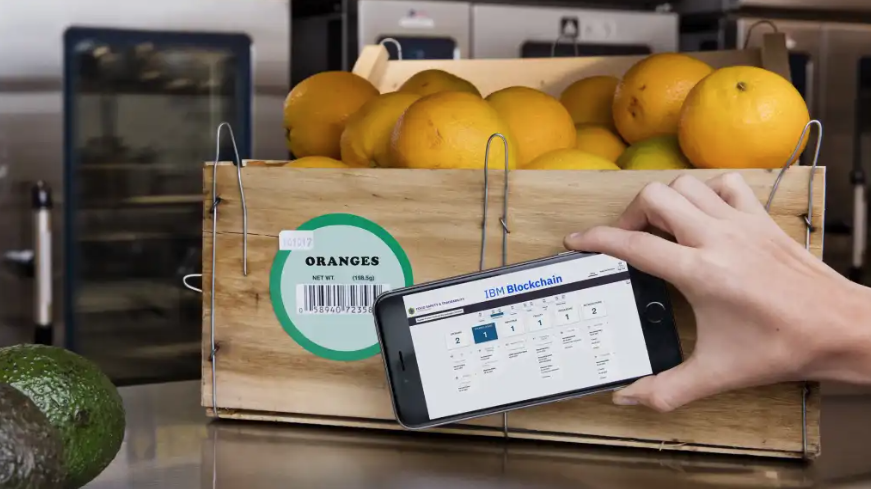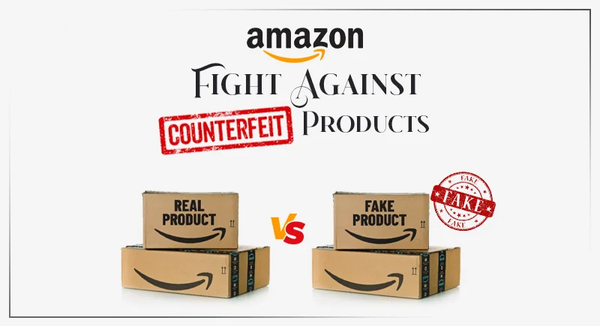FSMA 2026: What Grocers Need to Know About Food Traceability Compliance

he Food Safety Modernization Act (FSMA), signed into law in 2011, is set to introduce stricter food traceability requirements for grocers by 2026. As the deadline approaches, grocers must prepare to comply with the FDA's final rule, which mandates detailed recordkeeping for certain food items. This includes tracking key data elements like traceability lot codes, product descriptions, and sourcing information.
Key Compliance Dates and Requirements
Grocers must be compliant by January 20, 2026. The FDA requires that records be kept for foods listed on the Food Traceability List (FTL). These records must include detailed information about the product’s journey through the supply chain, from origin to final destination. Compliance will ensure grocers meet the standards set for food safety, reducing the risk of contamination and improving overall transparency.

Understanding the Food Traceability List (FTL)
The FTL identifies high-risk foods that require enhanced traceability. The FDA uses a risk-ranking model to determine which foods are included. This list will be updated every five years, with dried or frozen versions of these foods excluded. However, products containing FTL-listed ingredients must maintain traceability if the ingredients remain in their original form.
Recordkeeping and Enforcement
All grocers dealing with FTL foods must maintain a traceability plan, ensuring that all Critical Tracking Events (CTEs) are documented. While the FDA will not begin routine inspections until 2027, grocers should have records readily available by 2026. These records must be provided in an electronic sortable spreadsheet during events like foodborne illness outbreaks or recalls. Non-compliance could lead to advisory action letters and potential legal consequences if violations persist.
Preparing for FSMA 2026
As the 2026 compliance deadline nears, grocers should begin upgrading their recordkeeping systems to meet FSMA standards. This proactive approach will help ensure smooth compliance, minimize risks, and safeguard public health. Supermarket News will continue to provide updates on FSMA and its implications for the grocery industry.




